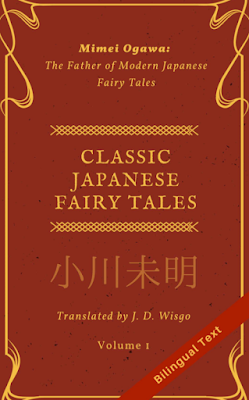"Between The World And Me" by Ta-Nehisi Coates
| “…assertions skate over the very real — and still dismally insufficient — progress that has been made… in fact, his book often reads like an internal dialogue or debate…” – Michiko Kakutani (New York Times – July 2015) “The narrative focuses the experience of black subjectivity in the visceral, constructed fact of ‘the body’, a device derived from Foucault by way of feminist discourse… Coates admits that he didn’t really know any white people when he was a child: he only saw them on television. That is an indictment of the segregation that still exists in many American neighbourhoods…” – Thomas Chatterton Williams, “Loaded Dice” (London Review Of Books – December 2015) “Between The World And Me” by Ta-Nehisi Coates is the second book I’ve read by a black man. The first book I read about black life in America was Richard Wright’s “Black Boy”. The two offer very different perspectives. Wright’s first person autobiographical narrative describes his childhood through adulthood as a haze of struggles, depicting a lot of cultural images unique to Wright himself, with a lot of insight on poverty. It was also set in Chicago and written in 1944. Coates’ “Between The World And Me” is written as a letter to his son, and, I think, speaks more to the reality of black culture as a whole in America at our current time. For me, Coates’ perspective is unlike any other I’ve heard of or conceived. That the black body is something to be protected out of a constant fear (of the oppressor) is one thing, but the fact that the body is protected by a particular swagger, a “loud rudeness”… these “actions” (for lack of a better word) meant anything but to protect the body until I read “Between The World And Me”. That it was and is their very own code of conduct brought on by the need to protect the body, especially in places like the inner city, is a new perception I had learned by reading Coates’ book. Coates is simultaneously blunt and poetic, which makes “Between The World And Me” a breeze to read. Prior to writing, I read two book reviews on “Between The World And Me”, and both mentioned an extremely poignant part (that I don’t think any kind/type of response to this book should ever leave out): that Coates, after the events that took place on 9/11, did not feel sympathy for the police and firefighters that helped and in so doing lost their lives at that time. Coates writes: “They were not human to me. Black, white, or whatever, they were menaces of nature; they were the fire, the comet, the storm, which could — with no justification — shatter my body.” To some this is a shocking confession, but I was not shocked by what he said so much as I was shocked that he admitted it publicly. The connection I made with this sentiment was that I felt numb after the attacks and *couldn’t* care for many years afterward for whatever reason (my own history too, like Coates, or my own personal experiences growing up). The difference was that I tried to, and it never felt genuine until recently. There is an entire profound and important discussion to be had here for those willing. The best parts of the book were the descriptions of the time Coates spent at Howard University. Here he was introduced to black intellectuals of all types, from all over the world. In opening up his horizons from the inner city of Baltimore, Coates was able to feel a beautiful (and perhaps so because of the pain that came with it – yes, this is possible) connection amongst “kin”. Coates finds his wife at Howard. He shares his experiences in classes and the professors he met, all inspirational, all pointing in the right direction in terms of resources and plain and simple advice-giving, the friends and girlfriends he had that shared a love for the same and broad types of music and literature, and the varying, always passionate sharing of history. This place, Howard University, Coates calls, “The Mecca”. I would have loved to go to a book discussion on “Between The World And Me” to gain more knowledge on the text. But I do know this much: reading it just once through is a powerful experience that leaves one looking at the world with renewed emotions, that, similar to Prince Jones’ mother, leaves us “smiling with pained eyes”. Doing this does not deserve pity, but a keen and communal understanding of what it means to be alive. |




Comments
Post a Comment